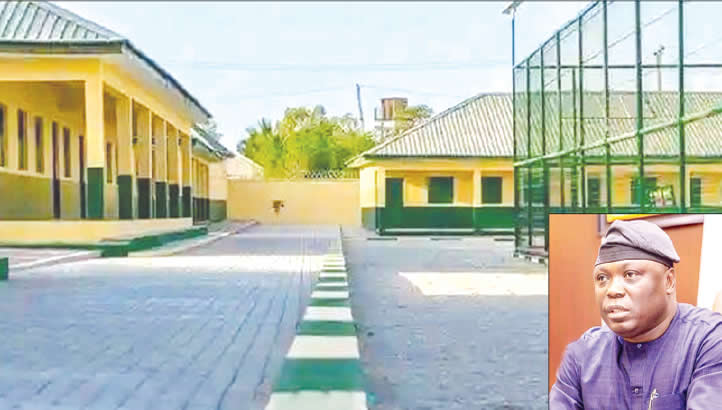In a comprehensive analysis of the strides taken by the Governor Agbu Kefas-led Taraba State Government, Justin Tyopuusu highlights the initiatives aimed at addressing the prevalence of out-of-school children and enhancing the education sector in northern Nigeria. The region has long been grappling with a crisis marked by educational neglect, characterized by the highest rates of out-of-school children attributed to factors such as socio-economic challenges and insecurity. However, states like Taraba are leading a revitalization effort that promises to transform the educational landscape. The introduction of free and compulsory education policies by Governor Kefas has positioned the state as a beacon of hope for its residents and a model for others in the region.
Since the onset of Governor Kefas’ administration, the free education initiative has significantly altered Taraba’s educational dynamics. This groundbreaking policy has removed the financial barriers that previously hindered school attendance, resulting in a marked increase in enrollment across primary and secondary schools. Parents who once struggled to afford education for their children are now able to send them to school, thereby facilitating access to previously out-of-reach opportunities. As a consequence, the academic performance of students in external examinations such as the West African Examinations Council (WAEC) and the National Examinations Council (NECO) has shown improvement, indicating the positive impact of the free education framework on learning outcomes.
The transformative approach adopted by Governor Kefas goes beyond merely increasing enrollment numbers; it encompasses genuine efforts to improve the overall quality of education in Taraba State. The administration’s reduction of tertiary tuition fees, enhancement of teacher welfare, infrastructure improvements, and a commitment to educational safety have all contributed to a conducive learning environment. Teachers are noted to be more motivated due to improved conditions, and students are equipped with necessary materials, leading to an optimistic outlook for educational advancement in the region. This holistic approach signals a paradigm shift and paves the way for socio-economic growth driven by an educated populace.
Governor Kefas’s steadfast commitment to education was reaffirmed at a recent gathering with school leaders, where he reiterated that free and compulsory education would remain a foundational policy of his administration. With a clear focus on equitable access, the distribution of over 100,000 educational materials, including uniforms and learning aids, is a testament to the government’s dedication. This initiative demonstrates the government’s intent to not only address current educational disparities but to foster a culture of learning that could reshape the future of both Taraba State and the broader northern region of Nigeria.
Public commentators have praised the ramifications of Governor Kefas’ educational policies, perceiving them as vital to diminishing illiteracy and expanding access across varying demographic groups. Analysts underscore that the policy’s success will largely rely on extending educational benefits to remote areas and focusing on infrastructural development alongside teacher training. The collaborative efforts to strengthen rural educational facilities and make quality teaching accessible to all will solidify Taraba’s strides towards educational equity. As change-makers emphasize the necessity of improving school environments and resources, local communities are encouraged to engage actively in advocating for necessary educational enhancements.
Ultimately, the Kefas administration’s approach aims to cultivate a generation equipped with knowledge and skills that will propel the state beyond its historical challenges. Education expert Dr. Musa Mohammed stresses the broader implications of these policies, suggesting that improved literacy in Taraba can lead to advancements in significant sectors such as healthcare, agriculture, and technology. As the safety protocols in schools are reinforced and the program continues to grow, Taraba State stands poised for a brighter and more inclusive future, characterized by palpable educational achievements and community pride. The recent celebrations of these successes highlight the hope and determination shared by the residents, accurately reflecting the impactful leadership and progressive policies of Governor Agbu Kefas.


